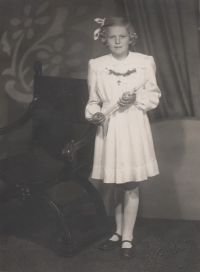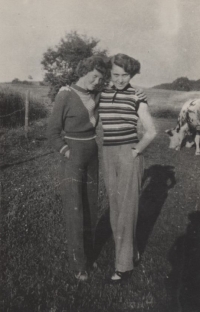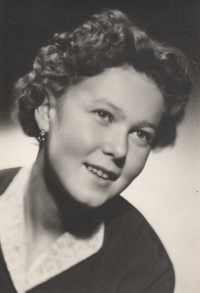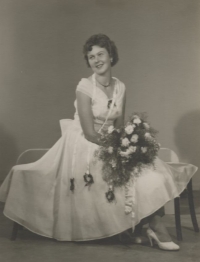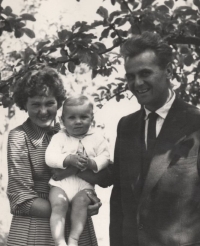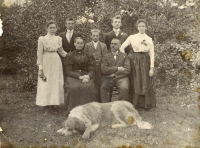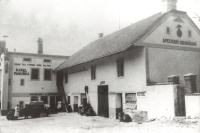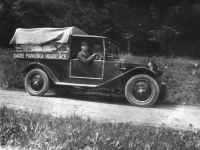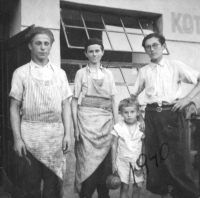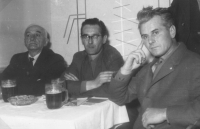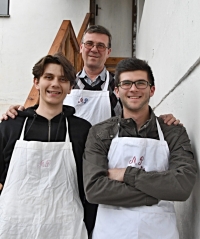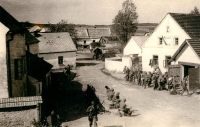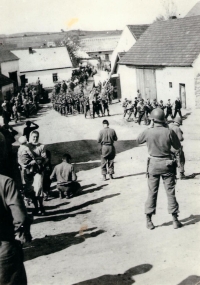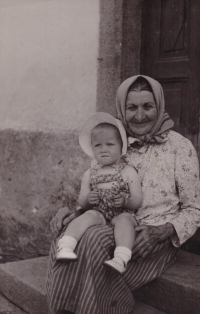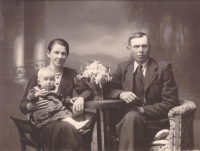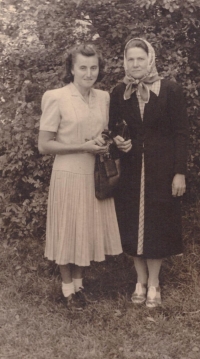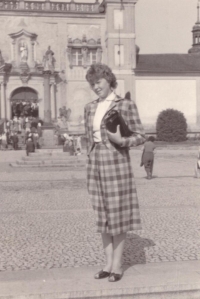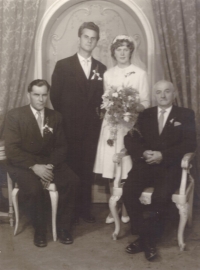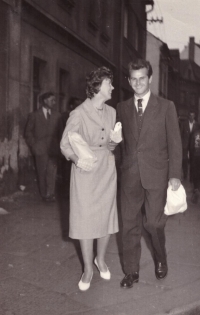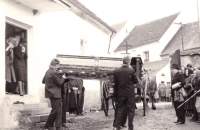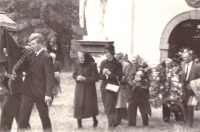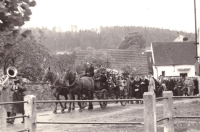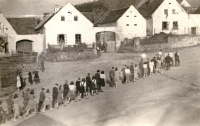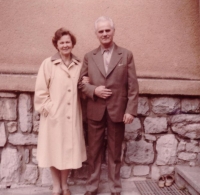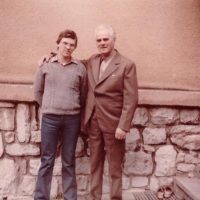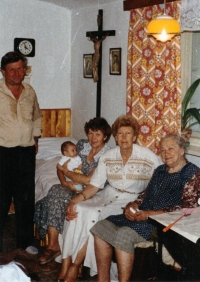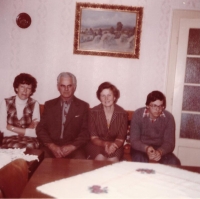Collectivisation antagonised the village people and destroyed the countryside

Stáhnout obrázek
Hana Panušková, maiden name Nelková, was born on 14 May 1940 in Miřenice in the Klatovy region into the family of the biggest farmer in the region. She remembers the air raids at the end of World War II, German soldiers and the arrival of the Americans. They arrived in Miřenice on 5 May 1945 and stayed for about five days, living in a cleared out firehouse. Until 1954, she attended the town school in the castle in the Nalžovské Mountains, where the school was established. That same year, her father, Josef Nelka, was imprisoned for eight months for killing a pig illegally. But it was more of a pretext. He was reported to police by a neighbour who later, on his deathbed, begged Hana‘s sister for forgiveness. Her father was serving his sentence in Bory prison, leaving her mother alone with the children. It was Hana, the eldest of the three siblings, who helped her on the farm. She could not become a kindergarten teacher as she had dreamed of. However, the farm did not last long and the family was forced to join a cooperative farm (JZD). On 10 June 1961, Hana married Miroslav Panuška, a former prisoner of the communist regime, from the family of a successful butcher. He served five years in communist camps for allegedly undermining the republic and collaborating with the West. His grandfather and brother also ended up in prison. The Panuška family moved to Sušice, where Miroslav worked for a construction company and later sold in shops with Hana. After the Velvet Revolution, Hana started a business in a Household Appliances shop, where she stayed until she was seventy-five.
